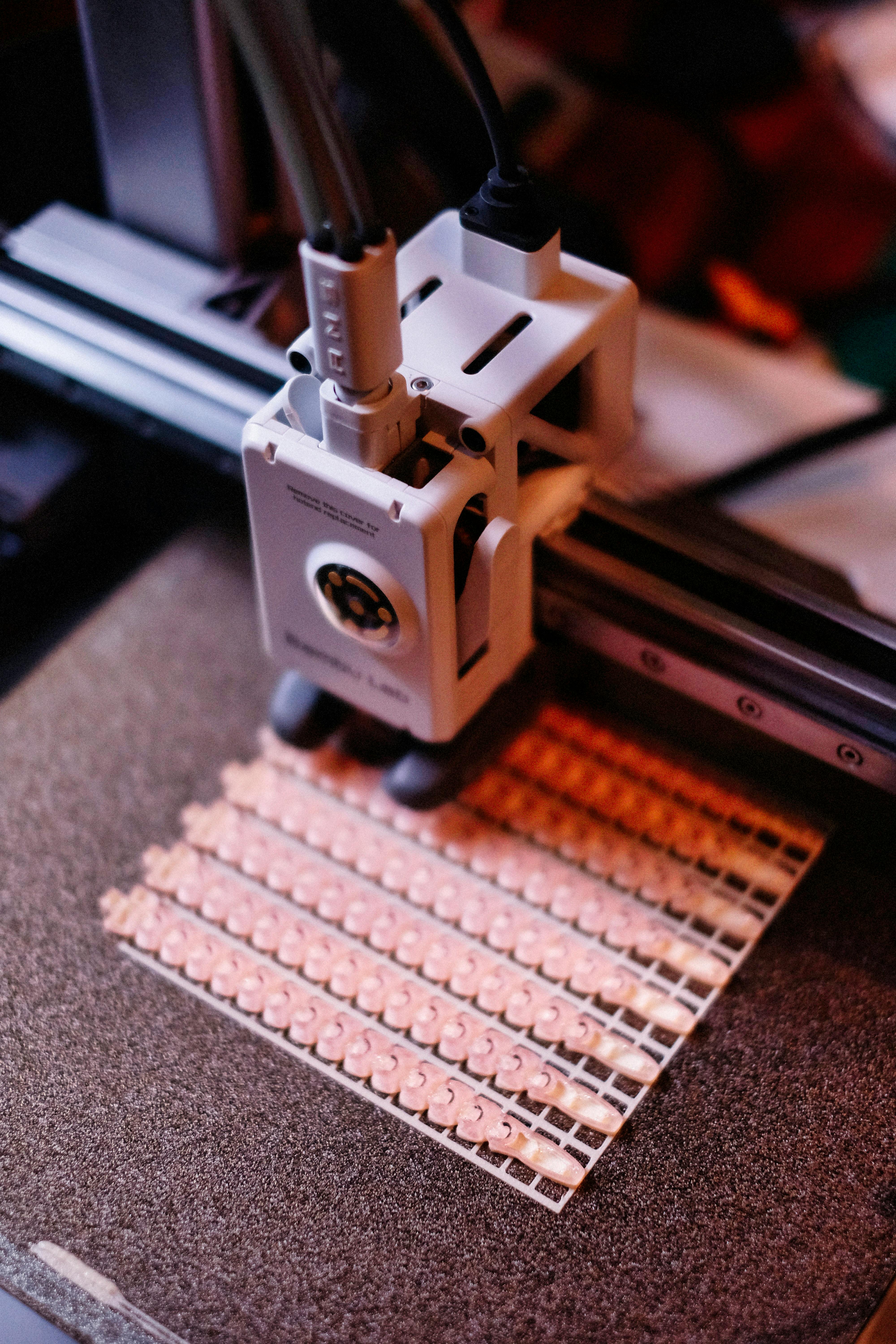5 Tips That Help Prevent Constipation
Constipation affects millions of people worldwide, causing discomfort and disrupting daily routines. This common digestive issue occurs when bowel movements become infrequent or difficult to pass. While occasional constipation is normal, chronic cases may require medical attention. Understanding effective prevention strategies can help maintain regular bowel movements and improve overall digestive health.

Constipation is a widespread digestive problem that can cause significant discomfort and frustration. Characterized by infrequent bowel movements, hard stools, and difficulty passing waste, this condition affects people of all ages and backgrounds. While occasional constipation is common, implementing preventative measures can help maintain regular bowel function and avoid the discomfort associated with this condition. This article explores five effective strategies that can help prevent constipation and promote digestive health.
Increase Your Daily Fiber Intake
Dietary fiber plays a crucial role in preventing constipation by adding bulk to stool and facilitating its movement through the digestive tract. There are two types of fiber that support digestive health: soluble fiber, which absorbs water and forms a gel-like substance, and insoluble fiber, which adds bulk to stool.
Foods rich in fiber include fruits like apples, berries, and pears; vegetables such as broccoli, carrots, and leafy greens; whole grains like oats, brown rice, and whole wheat products; and legumes including beans, lentils, and chickpeas. Nuts and seeds also provide significant fiber content. Experts recommend adults consume between 25-30 grams of fiber daily, though most people only consume about half this amount.
When increasing fiber intake, it’s important to do so gradually to allow your digestive system to adjust. A sudden increase can lead to bloating and gas. Consider tracking your fiber intake for a few days to determine your current consumption and then slowly increase it over several weeks.
Stay Properly Hydrated Throughout the Day
Water is essential for preventing constipation as it helps soften stool and supports overall digestive function. Dehydration is a common cause of constipation, as the body extracts water from the colon when insufficient fluids are consumed, resulting in hard, dry stools that are difficult to pass.
The general recommendation is to drink about eight 8-ounce glasses (about 2 liters) of water daily, though individual needs vary based on factors like activity level, climate, and overall health. In addition to water, hydrating foods like watermelon, cucumber, and citrus fruits can contribute to your daily fluid intake.
Certain beverages like coffee and alcohol can have a dehydrating effect, so it’s best to limit these and focus primarily on water. Carrying a reusable water bottle and setting reminders to drink regularly throughout the day can help ensure adequate hydration, which is one of the quickest ways to get rid of constipation.
Establish a Regular Exercise Routine
Physical activity stimulates the muscles in your digestive tract, helping to move stool through your colon more efficiently. Even moderate exercise can significantly reduce the risk of constipation and is considered one of the best ways to get rid of constipation naturally.
Aim for at least 30 minutes of moderate exercise most days of the week. This could include walking, swimming, cycling, or yoga. Specific exercises that target the abdominal muscles can be particularly beneficial for digestive health. Even simple activities like taking the stairs instead of the elevator or walking short distances instead of driving can make a difference.
Exercise is especially important for older adults and those with sedentary lifestyles, as these groups are at higher risk for constipation. If you’re new to exercise, start with short sessions and gradually increase duration and intensity as your fitness improves. Consistency is key—regular, moderate exercise is more beneficial than occasional intense workouts.
Respond Promptly to Bowel Movement Signals
One often overlooked but important aspect of preventing constipation is responding promptly to the urge to have a bowel movement. Ignoring these natural signals can lead to harder stools as more water is absorbed from the fecal matter, making it more difficult to pass later.
Try to establish a regular time for bowel movements, such as after breakfast when the gastrocolic reflex (the natural contraction of the colon after eating) is strongest. Create a relaxed bathroom environment and allow sufficient time without rushing. Avoiding distractions like phones can help you stay attuned to your body’s signals.
For those with busy schedules, it’s important to prioritize bathroom breaks when needed rather than postponing them. This simple habit adjustment can be one of the most effective home remedies for constipation immediate relief and long-term prevention.
Consider Dietary Adjustments and Natural Remedies
Certain foods and natural remedies can help prevent constipation and provide relief when symptoms occur. Prunes (dried plums) are perhaps the most well-known natural remedy for constipation due to their high fiber content and natural laxative compounds. Other beneficial foods include kiwi, flaxseeds, and fermented foods containing probiotics.
Some people find relief by starting their day with warm water and lemon, which can stimulate digestion. Herbal teas such as peppermint, ginger, or senna may also support digestive health, though senna should be used only occasionally as it can cause dependence.
Limiting foods that may contribute to constipation is equally important. These include processed foods, dairy products (for some individuals), red meat, and foods high in refined sugars. Tracking your diet and bowel movements can help identify potential trigger foods that may be contributing to your constipation issues.
This article is for informational purposes only and should not be considered medical advice. Please consult a qualified healthcare professional for personalized guidance and treatment.




